At the Sheffield Council meeting on February 3rd a petition was presented from Greenpeace and Sheffield Green Parents asking them to call an Ecological Emergency. The response from Mark Jones, the Cabinet member for the Environment and Climate Change, was predictable. He agreed to work with different groups to improve the Council’s policies, but failed to recognise the dire state of our biodiversity, which requires an emergency response which will impact on all the Council’s policies, not just those to do with nature.
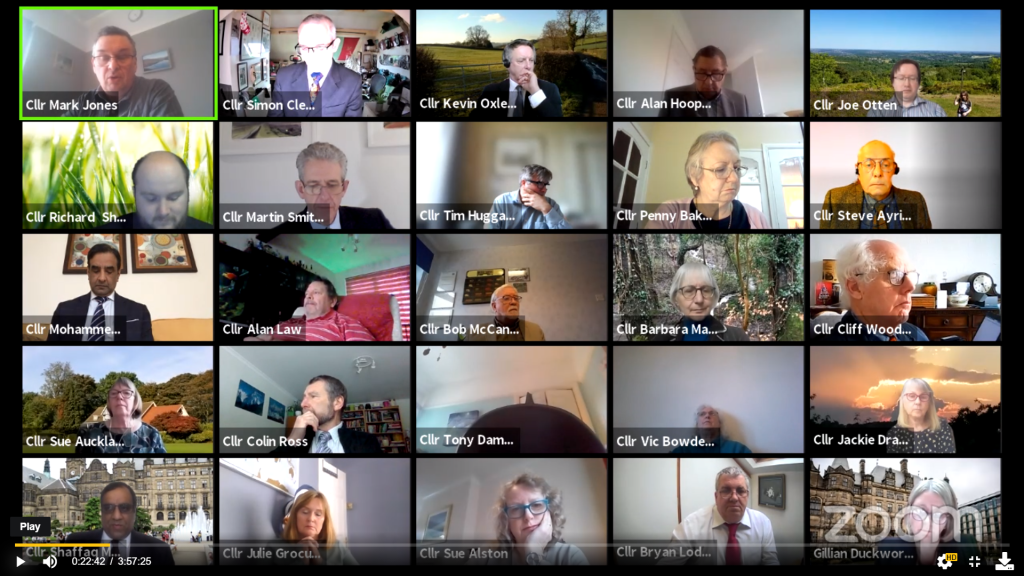
Why are we in an ecological emergency?
- Our environment has changed significantly Three-quarters of the land-based environment and about two thirds of the marine environment have been significantly altered by human actions.
- The effects have been global. 60% of the world’s wild animals have been lost since 1970. 83% of the wildlife in freshwater rivers and lakes has gone.
- But also impacted South Yorkshire . Local species at real risk include the turtle dove, the water vole and white-clawed cray-fish. Birds in danger include the Lesser redpoll which suffered a 64% decrease, the Willow tit (47% decrease) and the spotted flycatcher (40% decrease) Ash die back is currently a big concern.
- Nature has been adversely affected by human activity. Industrial agriculture, land conversion, hunting, pollution and pesticides are the primary drivers of wildlife decline and climate change is beginning to play a significant role.
- These changes threaten our health, prosperity and security. 75% of human grown crops require pollination by insects, whose populations are in rapid decline. In the UK, populations of butterflies fell by 46% between 1976 and 2017, and 23 bee and flower-visiting wasps have gone extinct since 1850. This poses a huge threat to the global food supply.
- And many species are facing extinction. One in eight bird species is threatened with global extinction and 41% of insects. 20-30% of the species on Earth may be at risk of extinction if we see 1.5°C warming.
Anna Parkin from Sheffield Green Parents presented the petition. They have organised a city centre protest and founded “Kids Plant Trees” who planted 3300 trees with help from families across Sheffield. She said experts from Greenpeace, Friends of the Earth and the Wildlife Trust agreed there is no time to delay the declaration. Anna concluded “we know mental health has been impacted by the pandemic. We see how nature has come to our rescue, now let’s come to its rescue.”
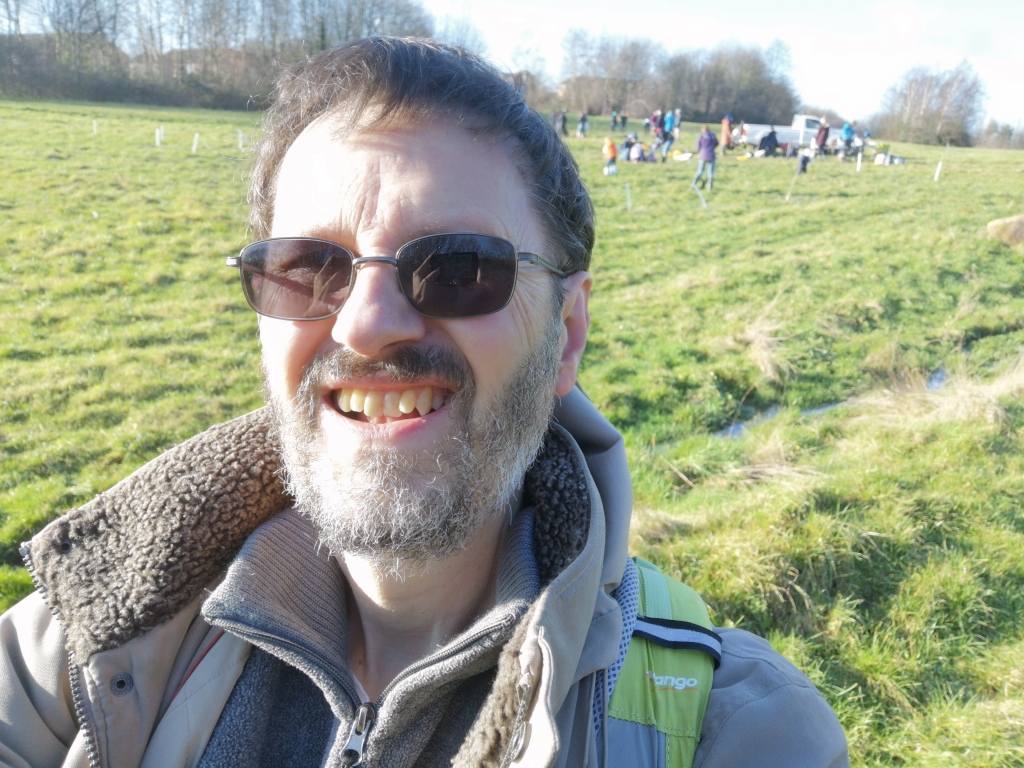
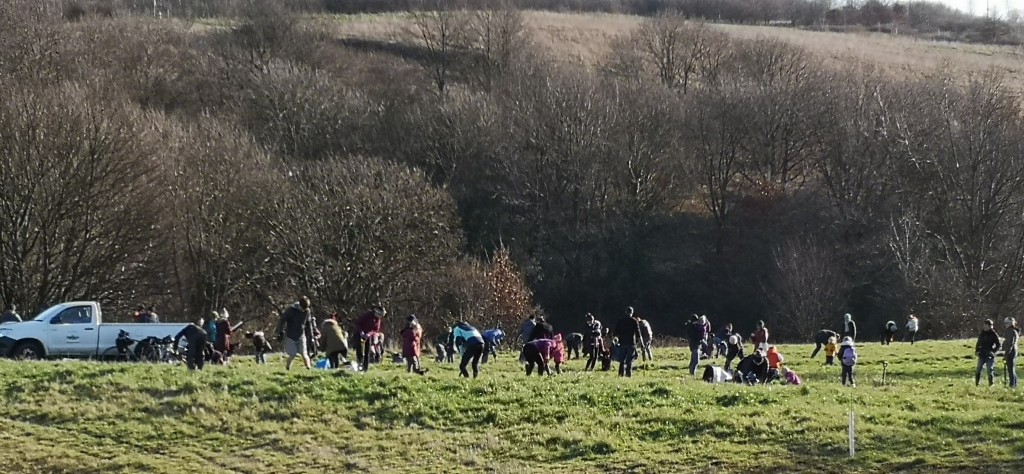
Cllr Mark Jones, the cabinet member for environment and climate change, explained that the Council are making parks and open spaces more hospitable to a range of plants and animals as part of the nature project. Through planning and regional development they are looking to embed biodiversity gain within the planning system. He said “Labour Councillors recognise the immense challenges facing nature and our wildlife and quite simply this is too important to get wrong. To rush to be seen to do something, anything, rather than focus collaboratively would actually do more harm than good.”
Declaring an emergency is not an action plan, it is recognising that there is a massive problem that has to be dealt with urgently. When you see a fire you don’t hold a committee meeting before you ring the fire brigade. The Council should have declared an ecological emergency and then worked with the experts to sort out the priorities that need to be tackled first. It is two years since Labour declared a climate emergency yet they have only just released their plan of action, which is not yet available to other Councillors or the general public. This is not behaving as your house is on fire- this is continuing the business as usual outlook that got us into this emergency in the first place.
Cllr Jones spoke about ongoing trials to find a replacement for the use of glyphosate on our streets and in our parks and playgrounds. “We are constantly reviewing Council use of herbicides. Trials are constantly ongoing on physical and chemical means to remove disruptive plants from our highways whilst trying to find better ways of dealing with plants in softer areas such as parks.”
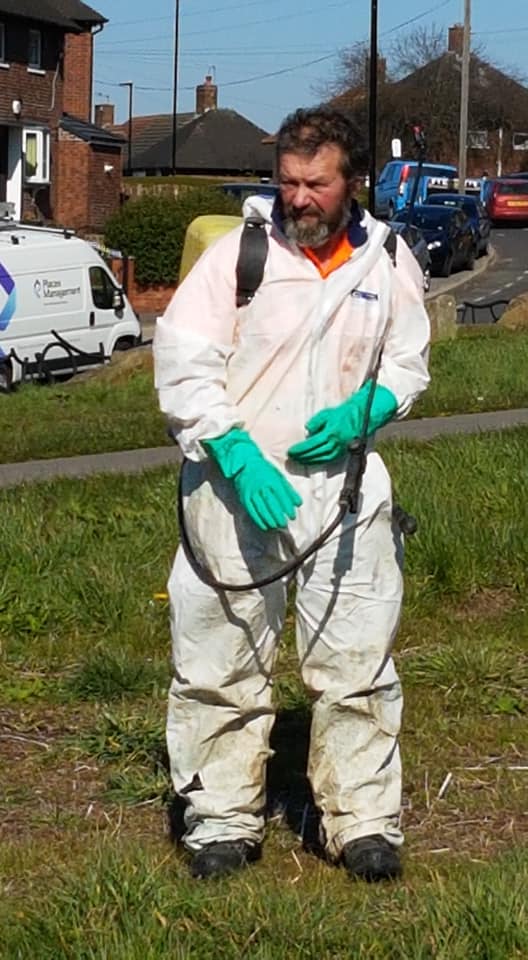
40 Councils that are concerned about biodiversity all around the country have stopped using Glyphosate for general weed killing including Bury, Glastonbury, Cambridge, Bristol, Brighton and Trafford. There are concerns not just on the danger to insect life, but also human health as it has been found to be carcinogenic. Sheffield Council could cooperate with these Councils to find the best alternative methods of controlling weeds, if indeed they need controlling. Sometimes it is far better for nature to just let them grow.
I am sure everyone who has concerns about our local biodiversity will be keen to work with the Council to help them improve their policies. But the Council need to recognise this is an emergency and needs treating as such.

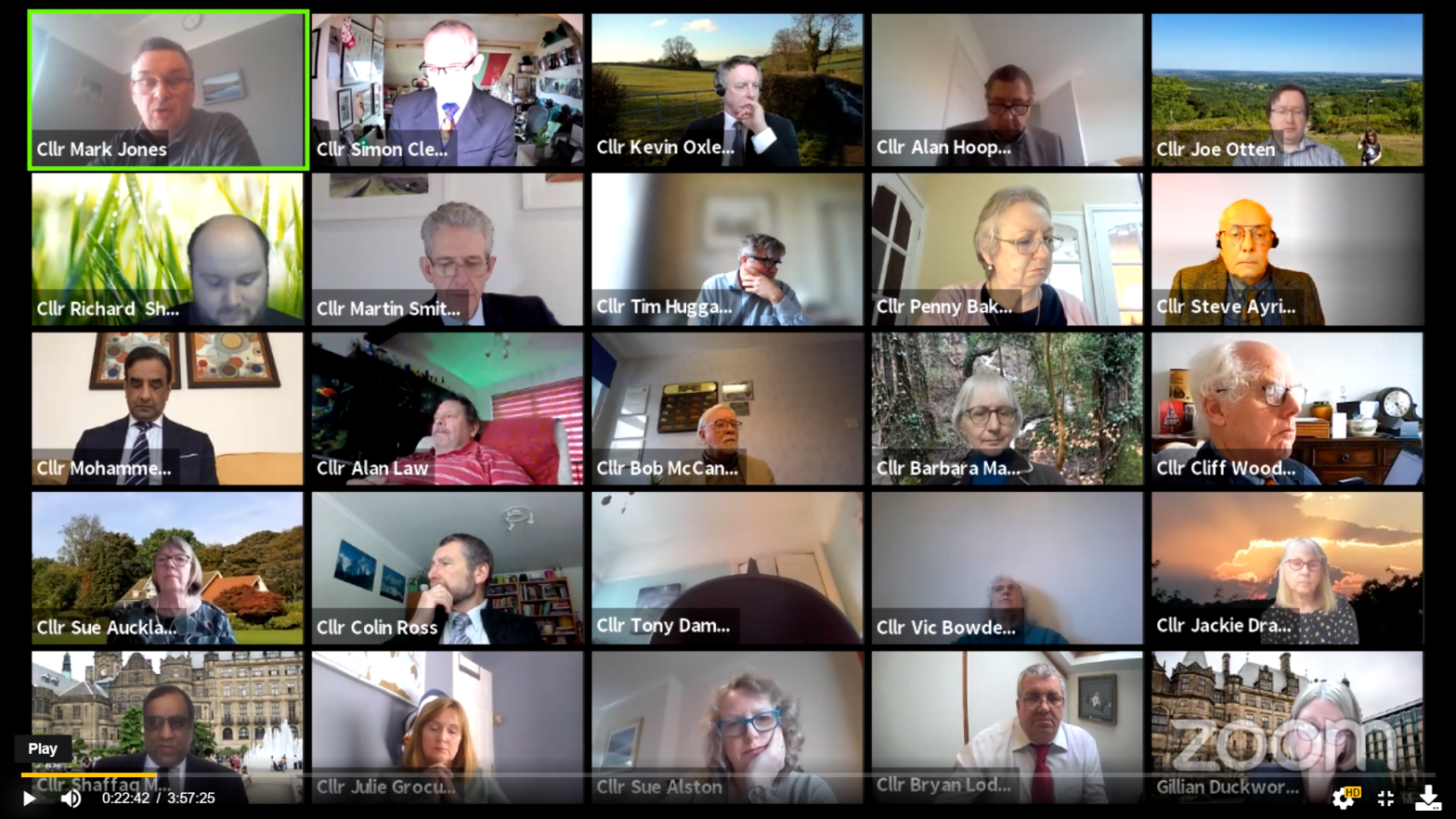
A good post! Thank you 😊
LikeLiked by 1 person